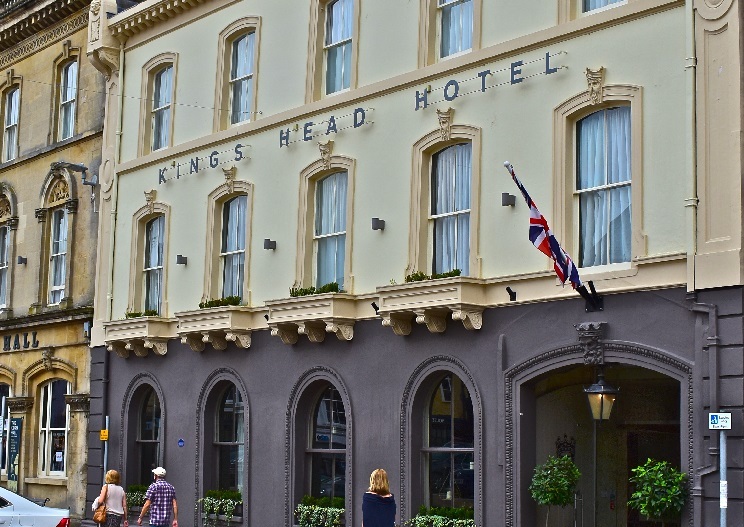Energy costs ‘set to sink UK pubs and brewers’
Pubs and breweries will face major financial losses, make no profit and many will be forced to shut if the energy bill relief scheme is not extended for them beyond 31 March 2023, new research has found.
In a new report by Frontier Economics, produced for the British Beer and Pub Association (BBPA), calculations showed energy bills returning to their regular rate post-March would put pubs and brewers at a loss of 20% on average.
The report showed energy costs were the biggest threat to their viability and would be even more lethal when the relief scheme ends in April. This was on top of cost inflation across other parts of their businesses, from food and drink to key commodities and wage rises contributing to profit margins being erased.
Based on analysis of industry reports, accounts and interviews with pub operators and brewers from August to October 2022, the report noted how businesses had already made changes to mitigate against cost inflation where possible; from changing menu options to reducing opening hours. It flagged that energy costs were still hitting businesses hard and rises after March ‘could not be guarded against’ and would be ‘crippling’.
In addition to illustrating the immense pressures facing the brewing and pub industry, the report – produced in advance of the Autumn Statement – laid out different routes for intervention from government to save businesses from closure, from extending the energy support package to reform of the business rates system.
Tim Black, associate director in Frontier Economics’ retail and consumer team, said: “Recent economic shocks of Covid, Brexit and the war in Ukraine have put sustained pressure on businesses. Our analysis shows the pub and brewery sector is facing a combination of surging costs – primarily energy, but also raw materials and wages – and falling demand, as consumers reduce their spending in the face of severe cost of living pressures. While there are different impacts across businesses and uncertainty on the outlook, the underlying economics of the sector makes absorbing these shocks incredibly difficult – and some firms will struggle to survive.”
Aside from the report, individual pubs and breweries across the country have also reported cases of poor practice and profiteering by energy suppliers in recent months. Some suppliers have sought to make money outside the restriction of the cap through increasing prices on other parts of bills or cancelling contracts at short notice, in some cases businesses have struggled to find suppliers because they have been deemed to be ‘too vulnerable’ as businesses.
Gemma Gardener, who runs the York hotel, a pub with rooms in Morecambe, Lancashire, said: “Not only have our energy bills extortionate, but our supplier has also added on extra unexpected charges outside of our standard rates as well, from a £2,000 installation fee to doubling our daily hire charge unexpectedly.
“We have tried to switch suppliers but been rejected, and the only reason we’re able to keep going is because our pub company is helping us through. We’re struggling with our bills but so are our customers as well and so we’re being squeezed at both ends. We’ve even started offering free food to encourage customers to come in and buy drinks.
“Not knowing what we’ll be charged month on month is incredibly scary, this isn’t only our business but our home as well but we’re at the mercy of our energy suppliers. If it’s this bad now I dread to think what it will be like when the energy relief scheme ends come April.”
Emma McClarkin, chief executive of the BBPA, said: “A long-term guarantee that energy costs and contracts will be fair and reasonable come the Spring cannot come soon enough for our pubs and brewers. They are planning now for the months ahead and need assurance that bills won’t rocket and completely wipe out profits…
“We are urging the government to take seriously consider the impact rocketing energy costs will have not just on the businesses that have to pay them, but the communities they are embedded in and serve across the entirety of the UK. These figures paint a stark, very grim picture of what is to come if our sector does not make the cut for extra support come 1 April.”
Image: wavebreakmedia / Shutterstock

















